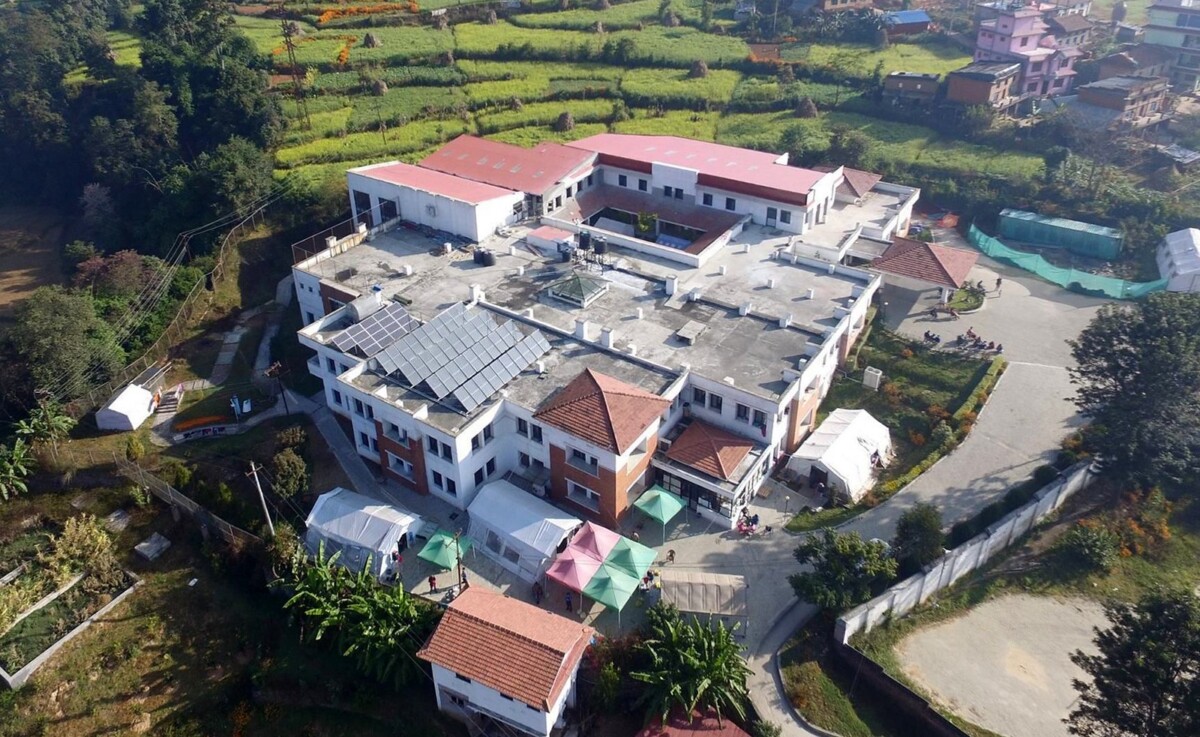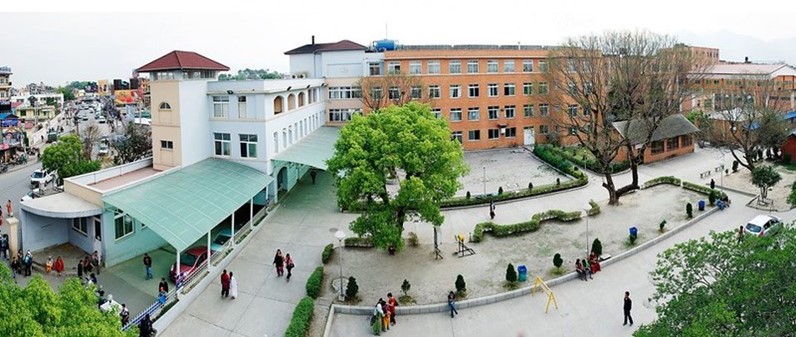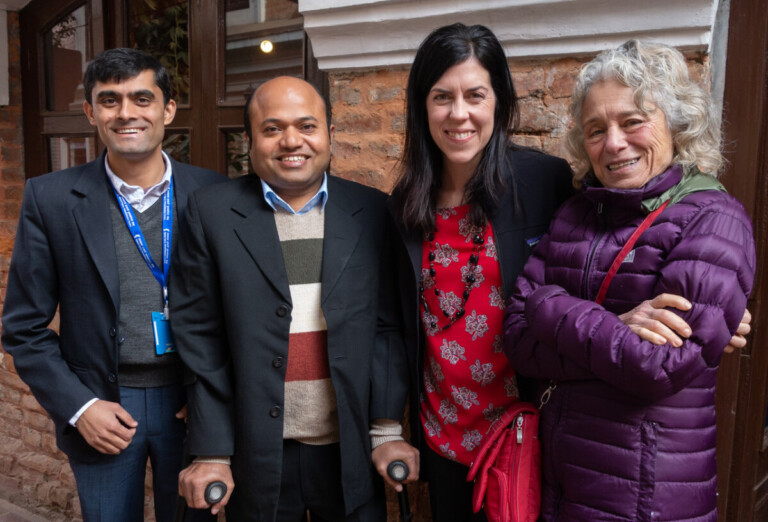- My MOC
- Directory
Menu
 3 MIN READ
3 MIN READ
Since its launch in 2019, the International Development, Aid and Collaboration (IDAC) funding program has provided over $600,000 in grant monies to Fellows in support of their international aid efforts. The program is delivered by Royal College International (RCI), the non-profit and independent subsidiary of the Royal College responsible for international engagements.
One of the 21 supported projects addresses a critical need in Nepal, identified by the World Health Organization and the Nepali government to expand Physical Medicine and Rehabilitation (PMR) capacity in the country.
“Thanks to funding partners such as RCI and the IDAC grant, we have an opportunity in the future to help mitigate the unmet need of rehabilitation in our country,” says Raju Dhakal, MD, and Nepal’s sole PMR specialist. Dr. Dhakal is also the medical director of the Spinal Injury Rehabilitation Centre (SIRC) which provides rehabilitation services to patients near the capital city of Kathmandu.
The grant will continue to support the development of health human resources to train local physicians in PMR and increase the country’s capacity to treat patients who have sustained spinal cord injuries and strokes.
 The Spinal Injury Rehabilitation Centre (submitted photo)
The Spinal Injury Rehabilitation Centre (submitted photo)
Originally planned to support the development of a three-year PMR residency training program, after further assessing local needs with RCI, the grant will now support the development of a two-year PMR fellowship program in collaboration with the SIRC and the Patan Academy of Health Sciences (PAHS), a public non-profit tertiary academic institution dedicated to improving Nepal’s rural health by training health workers.
“Although there are many needs to run a PMR residency training program, and a lot of positivity on the idea, we have to first fulfill other needs noted by the Nepal Medical Council on challenges faculties are facing with respect to capacity needed to train PMR specialists in different hospitals and rehabilitation centres,” explains Dr. Dhakal.
 The Patan Academy of Health Sciences (submitted photo)
The Patan Academy of Health Sciences (submitted photo)
“If you don’t have an academic department, you can’t run a training department,” says Peter Wing, MBChB, MSc, FRCSC, a retired spine surgeon based in Vancouver, B.C.
To address this and other local gaps in the region, the project group – which also includes Christine Groves, MD, associate professor of clinical physical medicine and rehabilitation at Indiana University’s School of Medicine – prioritized finding a local academic institution that would collaborate with the SIRC to deliver the fellowship program.
“When we decided to switch from a residency training model to a fellowship training model, the PAHS was by far the best choice for us when looking for an academic home,” says Claire Weeks, MD, FRCPC, PhD, a retired PMR specialist in Vancouver.
Upon completion of the fellowship’s curriculum that Dr. Dhakal is leading, the two institutions, situated about 15 kilometres apart, will deliver the PMR fellowship program to local physicians so that they can become both PMR specialists and trainers in the region.
The PAHS will act as the academic centre and the SIRC will continue to act as the clinical centre treating local patients with spinal cord injuries. The goal is to have two local physicians take the PMR fellowship program concurrently between both locations.
 Dr. Claire Weeks (far right) in Kathmandu with (from left) Hari Adhikari, the Spinal Injury Rehabilitation Centre administrative director, Dr. Raju Dhakal and Dr. Christine Groves (submitted photo)
Dr. Claire Weeks (far right) in Kathmandu with (from left) Hari Adhikari, the Spinal Injury Rehabilitation Centre administrative director, Dr. Raju Dhakal and Dr. Christine Groves (submitted photo)
When describing the value of IDAC and being involved in international work, Drs. Weeks and Wing share the same sentiment that it is a great opportunity for Royal College Fellows to gain valuable experience and perspective.
“It’s a tremendous amount of work, especially for Dr. Dhakal who is doing the groundwork thousands of miles away and knows the Nepali structures and government systems,” says Dr. Weeks. “However, the rewards are amazing.”
“I, along with my team, am extremely proud of the IDAC program and its growth over the years,” says Craig Ceppetelli, executive director of the Royal College’s Office of International Collaboration and Advancement and chief operating officer of RCI. “Supporting our Fellows’ work abroad and helping them make a difference in communities in need around the world is truly rewarding. We all look forward to the program’s growth and continued success over the short- and long-term.”
Related content: Giving back to the community of medicine through Royal College International
RCI is accepting grant applications until September 20, 2023, at 9:00 a.m. EDT. Up to $30,000 annually (maximum of three years) can support Fellow-led projects in communities in need.
Learn more and apply online
Are you a Fellow interested in being an adjudicator to help our IDAC team evaluate applications? If you are interested, please contact the team at IDAC@royalcollege.ca.